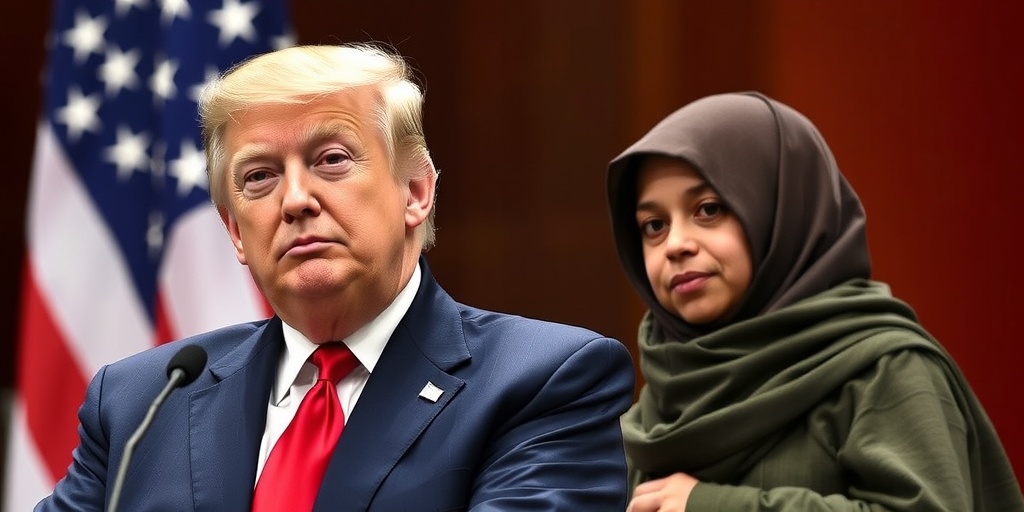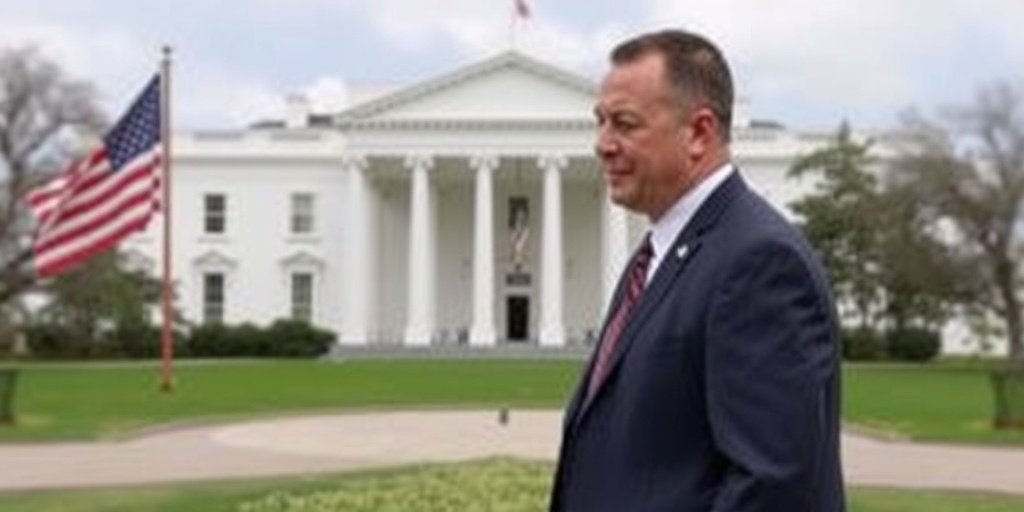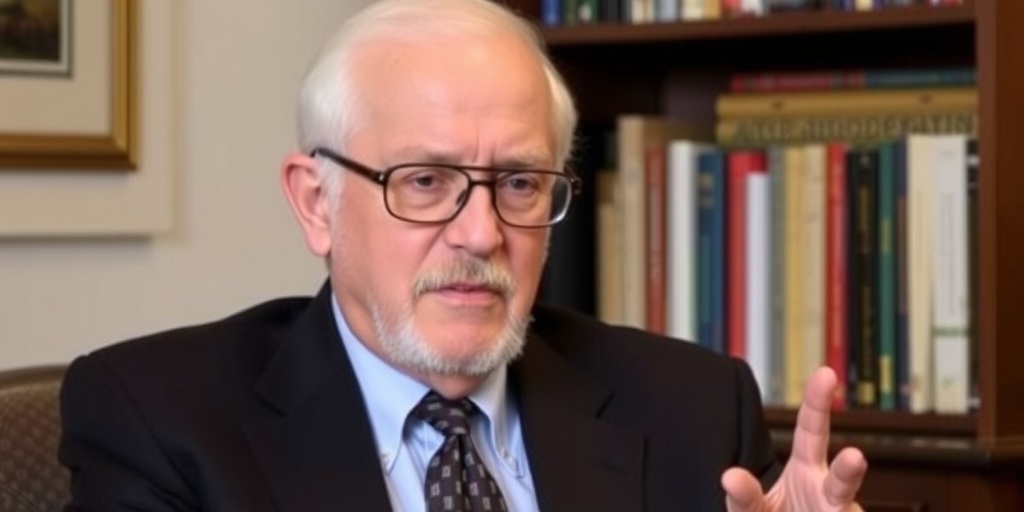Now Reading: Judge Blocks Trump’s Refugee Program Suspension Order
-
01
Judge Blocks Trump’s Refugee Program Suspension Order
Judge Blocks Trump’s Refugee Program Suspension Order

A federal judge in Seattle has intervened to block an executive order signed by former President Donald Trump shortly after his inauguration, which aimed to suspend a long-standing program allowing thousands of refugees to enter the United States annually. This significant ruling came from Judge Jamal N. Whitehead of the U.S. District Court for the Western District of Washington, who issued a preliminary injunction requiring the government to restore the U.S. Refugee Admissions Program (USRAP) and provide funding to organizations assisting refugees. This decision allows the court to assess the legal challenges against Trump’s directive.
Judge Whitehead noted that the Trump administration likely overstepped its legal authority by halting a program established by Congress in 1980, which has successfully admitted over three million refugees into the U.S. Throughout its existence, the USRAP has endured through multiple administrations, including Trump’s first term, which witnessed significant criticisms and challenges regarding refugee admissions.
In his ruling, Judge Whitehead expressed confidence that the plaintiffs would likely succeed in their argument that Trump’s executive order effectively nullified the will of Congress. This perspective underscores the tension between executive authority and legislative intent, a principal theme in the ongoing legal battles surrounding Trump’s presidency. The plaintiffs in the case include nine individuals, among them a 22-year-old refugee from the Democratic Republic of Congo. This individual faced a two-year wait for resettlement, only to have his flight from Kenya canceled shortly after Trump enacted his executive order.
Laurie Ball Cooper, the vice president for U.S. legal programs at the International Refugee Assistance Project, a nonprofit organization representing the plaintiffs, emphasized that the president’s discretion concerning refugee admissions is not without limits. She characterized the executive order as illegal, asserting that it must be halted to uphold the rights outlined under the established refugee program.
While the White House and Justice Department did not provide immediate comments regarding the ruling, it underscores a broader narrative of resistance against the administration’s policies among civil rights advocates and legal scholars. The legality of Trump’s executive order has been consistently challenged on several grounds, including its violation of the law establishing the USRAP and procedural shortcomings under the Administrative Procedure Act. Additionally, plaintiffs have cited the Fifth Amendment’s due process clause in their arguments against the executive order.
The reaction from Trump’s administration is anticipated, as the former president has expressed an inclination to appeal decisions that do not favor his policies. They could seek a stay from the U.S. Court of Appeals for the Ninth Circuit, which would mean temporarily reinstating the executive order while the legal challenge unfolds. Such a move would not be unprecedented, as similar legal battles were commonplace during Trump’s presidency, often resulting in prolonged judicial reviews of his administration’s directives.
However, even with the preliminary injunction from Judge Whitehead, there are uncertainties regarding the administration’s compliance with the ruling. Past actions during Trump’s tenure indicated a tendency to sidestep judicial orders, leading to concerns about whether the federal agencies would adhere to the judge’s decision. The Trump administration has been embroiled in a series of lawsuits that have aimed to contest its policies, often revealing a pattern of agencies maneuvering around legal restrictions imposed by courts.
Furthermore, there have been cases where federal judges issued motions to enforce compliance, indicating that the government had not been acting promptly according to previous court orders. While no judges have formally held administration officials in contempt of court for noncompliance, Trump’s assertion on social media that, “He who saves his Country does not violate any Law,” raised alarm that the executive branch might blatantly disregard court decisions. Such defiance of the judiciary could plunge the nation into a constitutional crisis, as noted by legal experts who emphasize the gravity of maintaining respect for the rule of law and court authority.
As the legal challenges proceed, the implications extend beyond the immediate context of refugee admissions to larger discussions about executive power, legislative authority, and the intricate balance necessary for upholding democracy in the United States. The case remains a critical touchpoint in the ongoing dialogue about immigration, national security, and human rights, as multiple stakeholders represent diverse perspectives on how best to manage the refugee crisis and uphold the traditions of the U.S. as a sanctuary for those fleeing persecution.
Stay Informed With the Latest & Most Important News
Previous Post
Next Post
-
 01New technology breakthrough has everyone talking right now
01New technology breakthrough has everyone talking right now -
 02Unbelievable life hack everyone needs to try today
02Unbelievable life hack everyone needs to try today -
 03Fascinating discovery found buried deep beneath the ocean
03Fascinating discovery found buried deep beneath the ocean -
 04Man invents genius device that solves everyday problems
04Man invents genius device that solves everyday problems -
 05Shocking discovery that changes what we know forever
05Shocking discovery that changes what we know forever -
 06Internet goes wild over celebrity’s unexpected fashion choice
06Internet goes wild over celebrity’s unexpected fashion choice -
 07Rare animal sighting stuns scientists and wildlife lovers
07Rare animal sighting stuns scientists and wildlife lovers





















